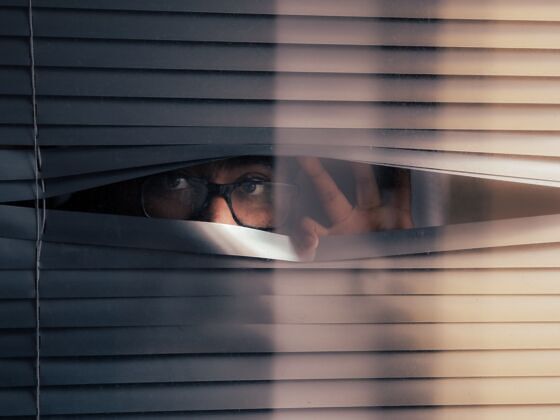AND JUST WHEN you thought we were out of the red alert…or orange alert? Yellow, maybe? I never could keep up. Either way, right as we were beginning to feel a bit safe again, along comes another attempted terrorist attack.
A fantastic way to begin the next decade with a holdover from the last – fear. Fear of that which can’t be seen, fear of those we don’t know, fear of that over which we have no control. But at what cost does this fear come? You and I both know it can be a substantial one.
